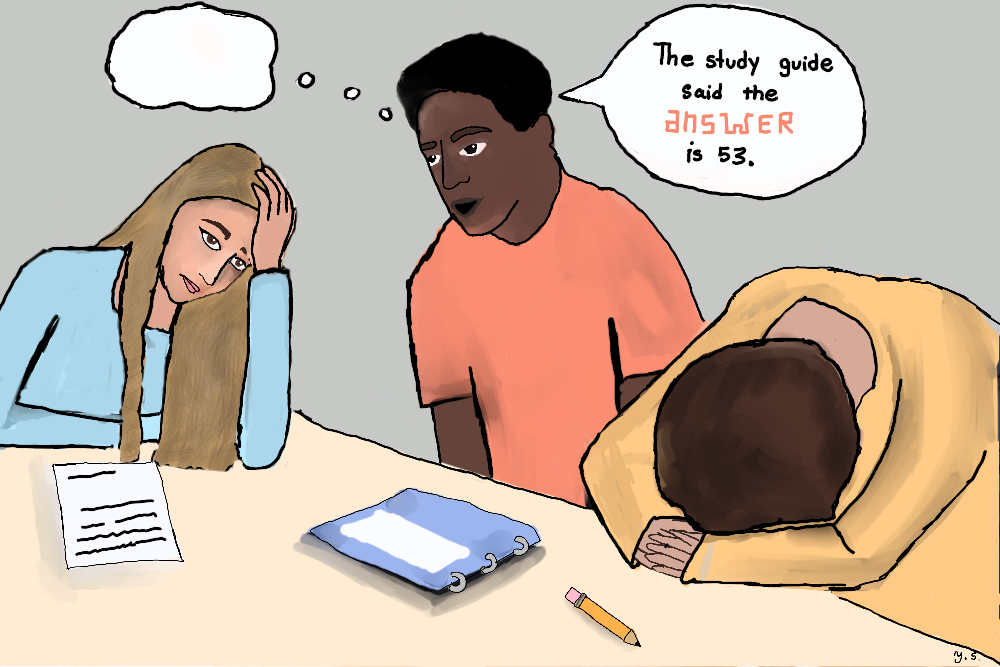By Seth Slover
Staff Writer

How many times have you checked Facebook today? What about Twitter? Many people in our generation seem to be defined by social networking.
Perhaps far too over-hyped and over-discussed, social networking has a remarkable impact on society. The obvious effects consist of instant gratification, the ability to express personal opinions per the Internet and opportunities to stay connected with others.
But does anyone actually realize the effect of social networking? The primary group being affected would be our generation – “the young people”. En route to developing a love for Facebook and Twitter, our generation has likely developed a form of addiction. As a result, social networking is defining us.
With the emergence of Twitter, many people have become accustomed to expressing their every thought and every action. Twitter, through its format and easy accessibility, invites users to constantly post, read, and update. This in itself is not a problem. The problem is found in the lack of self-control that our generation seems to have.
Perhaps we do not realize just how often we are in some way “plugged in” to social networking sites. Ask yourself honestly, “How often do I check these social networking sites?” If it isn’t Facebook, it’s Twitter. If it isn’t Twitter, it’s Tumblr. The list goes on.
Social networking is defining and controlling individuals, and accumulatively, our entire generation: the social network generation. Consequently, some of these sites only magnifies the negative aspects of society that are difficult enough to deal with during the teenage years.
For example, an already self-conscious 15 year-old girl may falsely believe that the amount of “likes” her Facebook profile picture gets defines her self-worth. In addition, tendencies toward selfishness and narcissism seem increased amongst social networking users. This is largely due to the new-found ability to say and do what you think to the world wide web.
Twitter and Facebook in particular, provide abundant opportunities to express oneself. Whether giving opinions on politics or religion, rooting for your sports team, critiquing, praising or analyzing, everyone now has the ability to voice their own opinions as often and as freely as they please. This opportunity presents what many would consider as a breakthrough in society.
However, while the positive aspects are clear, there are a number of downsides as well. Now that everyone can do, say, and post what they please, it seems as though most people fall under the misconception that their opinion and life is significantly more important they would consider it to be in a social networking-less society.
If you’re finding yourself recognizing some of these same tendencies in yourself, then perhaps you are indeed being defined by social networking. If you can’t go a day without checking your social networking accounts – or looking at others’ – then you may have a problem. But fear not. There is a solution.
In order to separate yourself from this addiction, try backing off. Slow down. This has been successful for me, so I recommend it. Just don’t check as much. Don’t care so much. A virtual life on the Internet is relatively insignificant, if you think about it. Therefore, I urge you: be atypical. Don’t conform to everyone else’s addiction to social networking. Don’t let your identity of you be associated with the virtual version of you. Then, hopefully you, and a few others, will “un-define” our generation.
We are much more than a bunch of Facebook-obsessed, social networking addicts. Act upon that belief.









